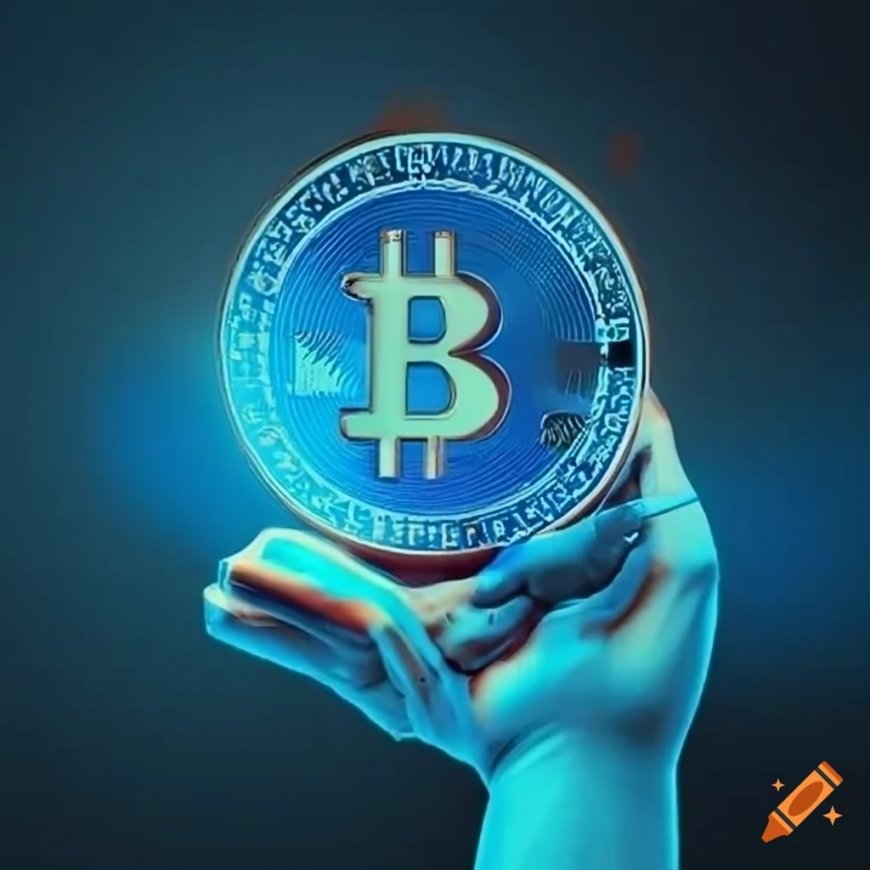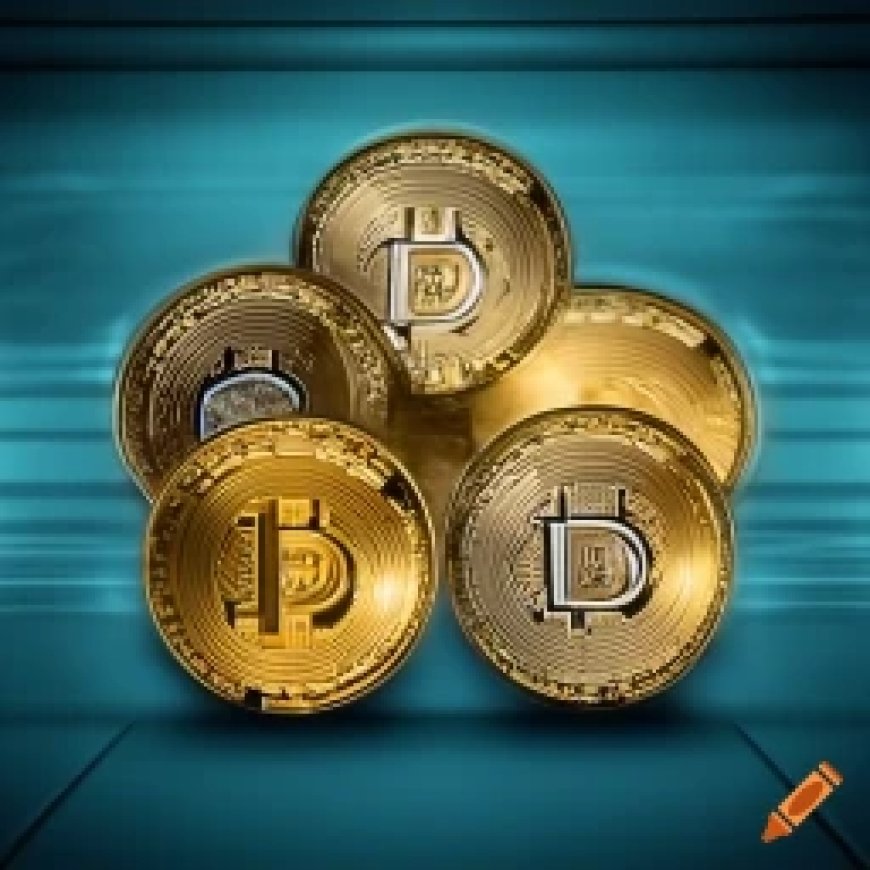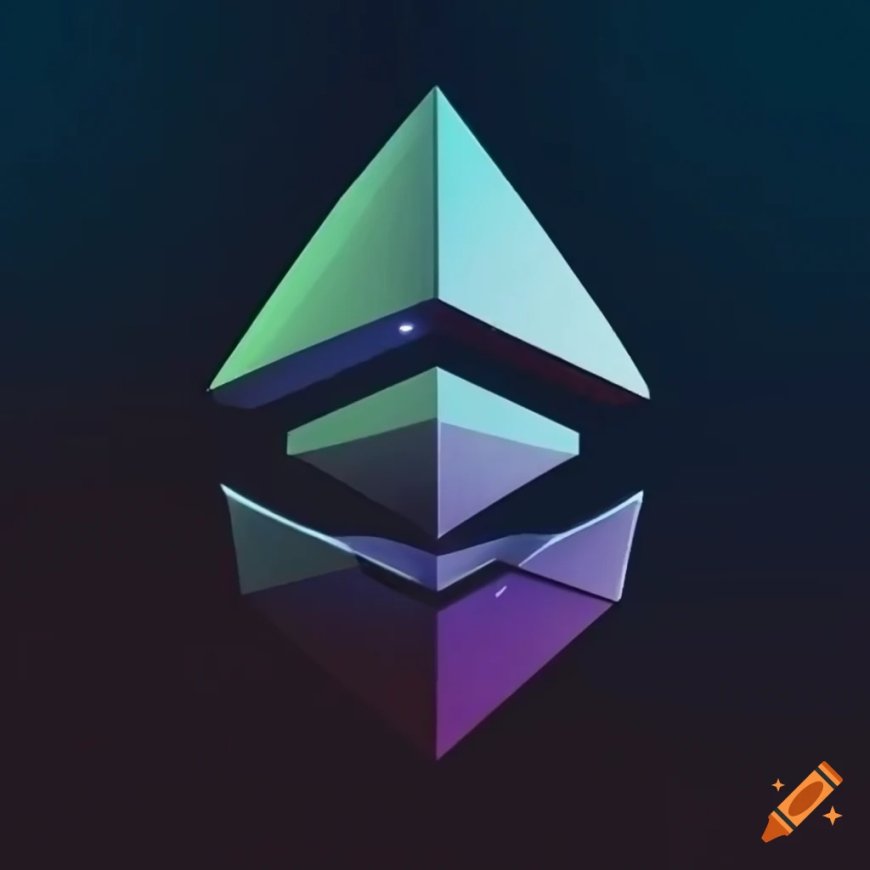Tokens
Tokens are digital assets stored on a blockchain, representing various utilities or ownership rights. They can be fungible, like cryptocurrencies, or non-fungible

| 1 |
Introduction |
| 2 |
What are Tokens? |
| 3 |
Fungible Tokens |
| 4 |
Tokenization of Assets |
| 5 |
Tokenomics |
| 6 |
Security and Scalability |
| 7 |
Interoperability and Standardization |
| 8 |
Conclusion |
| 9 |
FAQs |
Introduction: Unravelling the Secret to that of the Token
The tokens concept which is the modern digital era more and more, has a great impact on the sphere of digital assets and transactions. Tokens stand behind digital ecosystems different from each other in characteristics and functionality and offer numerous tools and mechanics for approaches to solutions. The basic breakdown of the tokens concepts gives a definitive picture for comprehending the latest development in fintech and digital technology.
What are Tokens?
Tokens sovereign over e-assets or digital utilities intact on a blockchain or distributed ledger and thus managed and stocked into the ledger. Unlike the traditional currencies, tokens could have such an additional value that is not exclusively used for payment, but that can stand for e.g. access to services or the right to vote. They may be fungible or non fungible as it is depending on their interchangeability and also exclusivity.

Fungible Tokens
Interchangeable, identical, fungible tokens are the counterparts of traditionals the same way currencies are. For instance, there are stable coins that have USDT (USD) denomination and serve as utility tokens in DApps (decentralized applications). However, they are not created by any common factor: they can use the value of an asset or the need for particular services.
Non-Fungible Tokens (NFTs)
Its assets, tokens of unique nature - non-fungible tokens - are unique ones which cannot be copied or “accidental duplicates” with the primary value having been put on them.
.Each NFT is unique in the blockchain with special features being attributed to ownership, hence they can be valuable in saving digital collectibles, art, gaming assets among other things. With Ethereum being one game-changer, and its ERC-721 standard is an ideal tool of creation and trade of NFTs, out of which true ownership comes out to the benefit of individuals in virtual reality.
Tokens and their Role in Blockchain Technology

The idea of the token proves to be one of the key features that contributes both to the course of blockchain technology work and to its successful adoption, as these elements can be tools for motivating people, for network management, and for asset representation within decentralized networks. Through their adaptability or programmability, developers bring to bear the imagination that allows them to come up with solutions to different fields of endeavors.
Tokenization of Assets
The essence of tokenization consists of the digitization of true-world assets, such as real estate, artworks, or commodities. The process entails their merging into digital form on a blockchain. Such a mechanism enables fractional investments, expedites transactions with liquidity and gives investors access to new opportunities. Along this line, governments are contriving regulations through which they will create conducive policies that transform these crypto assets to become part of their economies.
As the DeFi (decentralized finance), the DeGov (decentralized governance) and the IGC (in-game currency) tokens are commonly used in the gaming arena, the limitations of the current environment are mainly created due to standing obstacles of these token systems.
One of decentralized finance (DeFi) sectors that democratizes traditional financial systems is crypto finance by using blockchain technology instead of middlemen.

Tokens become the atoms of DeFi protocols that provide tools for the facilitation of deals such as lending, trading, borrowing as well as earning yields. Examples of Compound, Aave, and Uniswap are shows where tokens play part in protocol governance and enable to motivate interacting in the environment.
Tokenomics: Economics of Tokens
Through tokenomics, we refer to the particular study of token economics as well as the motivations for governance written very clearly in the process of issuing, circulating and proposing values of the tokens. Differentiating features like the token supply, the distribution model of the token refer to the token usage and to variations between the tokens for adoption and the demand cycle, all those factors adjust the economics model of a token-based environment and determine the organic growth and sustainability of it.
Double Sided Coin i.e. Challenges and Potentialities in the Tokens Economy
Even besides benefits of innovation and disruptive nature, tokens bring forth novel challenges for all the stakeholders of digital than they could even imagine.

Regulatory Landscape
The legal (for tokens and digital) landscape is contingent upon the jurisdiction and poses regulatory requirements on the projects and customers. The provision of transparent and harmonious regulatory systems is one of the conditions necessary to fertilize innovation without exposing consumers to risk or adversely affecting market rules.
Security and Scalability
The scalability and security being fundamental factors for chain-based networks and token-based ecosystems is very critical. Problems, for example, include network overload, high transaction costs, and solutions that are hacked or broken for daily payments and use.
Interoperability and Standardization
The capability to communicate with different types of blockchain platform and token standard (standards) is a necessity for the chaotic system to be a cooperative network. Through work to implement common regulations and procedures, the exchange, and the communicating between tokens of various applications and networks becomes easier.

Conclusion: Turning by the Trend of Tokens as the Future.
Cryptocurrency tokens serve as one of the core foundations in the digital economy which came as a way to promote innovation as well as to democratize the process of investments and, thereby, reshaping the traditional industries. Blockchain technologies will keep on developing and it will enable the tokens to become more important tools to fuel decentralized economies, which will bring an entirely new level of equalization to how money is exchanged, interaction, and trade go on.

FAQs (Frequently Asked Questions)
What are the various tokens in this case?
Tokens can be further divided into fungible or non-fungible groups—those whose interchangeability and regulations vary.
How are tokens created?
Generally selected tokens are generated via smart contracts on the blockchain platforms like Ethereum that specify the characteristics, supply and functionality of its digital coins.
What are the situations, when the assets get tokenized?
The kind of assets which can be tokenized is not limited. Such assets include immovable property, artworks, securities, and commodities, which can be represented on a blockchain as digital tokens.
What are these tokens and how do they affect our current finance (DeFi) ecosystem?
Token would be the pillar on which impartial financial instruments for platforms like lending, borrowing, trading, and yielding are developed to avoid middle people.
Which significant unharmonized regulations call on the token economy?
The degree of envision regulatory uncertainties and the divergence of the standards requirements is headed by the conflicting adoption and evolution of token projects and ecosystems.
What's Your Reaction?























































